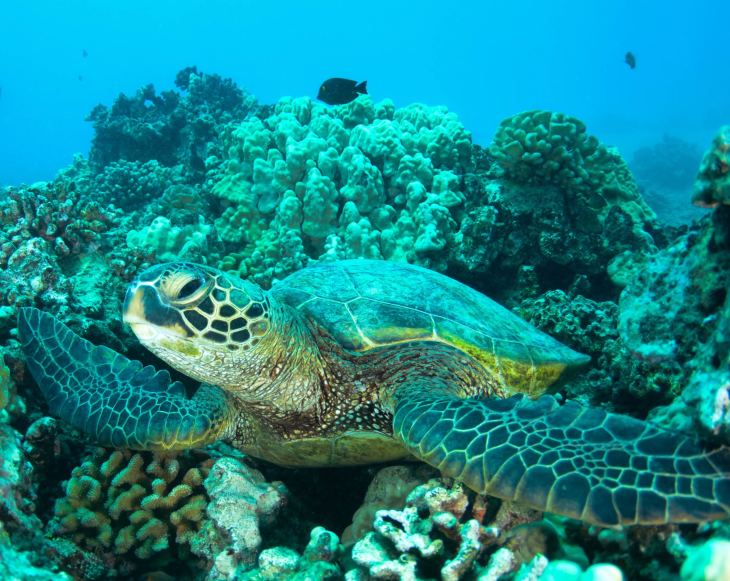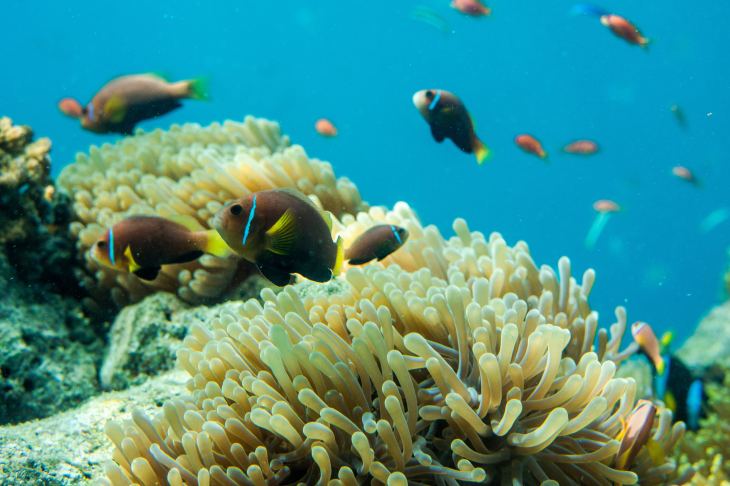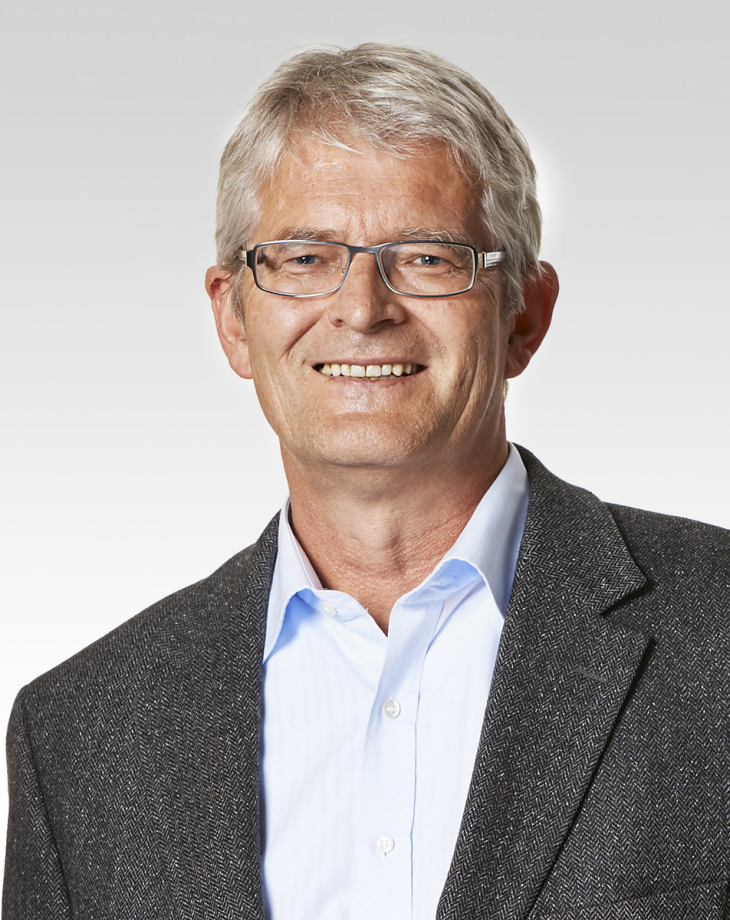Secrets of the Indian Ocean:
Research vessel SONNE heads for little known coral reefs
On the 6 September 2019, the German research vessel SONNE will embark on a two-month expedition, leaving Hong Kong with 40 scientists on board. The goal is to reach a submerged system of coral reefs, the size of Switzerland, located in the Indian Ocean. Until now the reef has barely been studied due to its isolated location. Geologist Dr Sebastian Lindhorst from the Centre for Earth System Research and Sustainability at the University of Hamburg is the chief scientist on this expedition.

Green sea turtles find plenty of food in the shallow waters of the Saya de Malha Bank. Picture credits: Hanjoung Choi on Unsplash
The Saya de Malha platform rises from the 2,000-meter-deep seabed to just below the surface of the sea. It lies between Mauritius and the Seychelles, in the middle of the flow of the enormous south equatorial current. High nutrient content and the current make the reefs a feeding paradise for fish and whales. At the same time magnificent corals thrive there.
![Research vessel SONNE shortly before the start of the expedition in the port of Hong Kong. [Photo: ©Thomas Wasilewski/Uni Hamburg/ CEN]
Research vessel SONNE](/imperia/md/images/hzg/presse/pressemitteilungen/2019/fittosize__730_0_11367b76182542708098ff56ee3c168e_thomas_wasilewski_uni_hamburgcen.jpg)
Research vessel SONNE shortly before the start of the expedition in the port of Hong Kong. [Photo: ©Thomas Wasilewski/Uni Hamburg/ CEN]
"We want to know how the water masses from the south mix with the nutrient-rich water flow from the north and how this affects the formation of the reefs," says expedition leader Dr Sebastian Lindhorst. "Both sea-level fluctuations and currents are likely to affect their development, causing them to grow or shrink."
Scientists from the University of Hamburg and the Helmholtz-Zentrum Geesthacht (HZG) are taking part in the expedition. They will also explore the impact of climate change on coral reefs given that the oceans absorb about a quarter of the CO2 produced by humans. As a result, their pH level drops, making them more acidic. Corals are particularly sensitive to such changes.

Secluded, species-rich and in danger: Corals react sensitively to changes in pH. [Photo: Ishan@seefromthesky on Unsplash]
For the first time ever, the scientific crew will follow the path of certain microplastic particles and pollutants from China to the bank. The scientists are looking to find out how these elements float in the ocean and where they end up.
The researchers are interested in the present and future – but also in the past. They will measure the salinity and temperature of the seawater around the clock and examine nutrients, pollutants, and deposits on the seabed. The latter allow for conclusions about the climate of the past.

Prof. Dr. Kay-Christian Emeis head of the division Biogeochemistry in Coastal Seas at the Institute for Coastal Research [Photo: HZG/Christian Schmid]
Professor Kay-Christian Emeis of the HZG explains: "We extract cores from the sediments and, this allows us to look back almost 200,000 years into the past. The deposits are true climate archives from which we gain new insights into the monsoon system and its developmental history in the region."
The expedition of the SONNE is financed by the Federal Ministry of Education and Research.
Further information:
Contact:
Head of the MASCARA Project
Phone: +49 40 42838-5011
Universität Hamburg / Centrum für Erdsystemforschung und Nachhaltigkeit (CEN)
Institut für Geologie
PR/media relations
Phone: +49 4152 87 1648
Helmholtz-Zentrum Geesthacht
